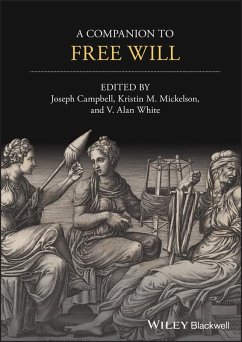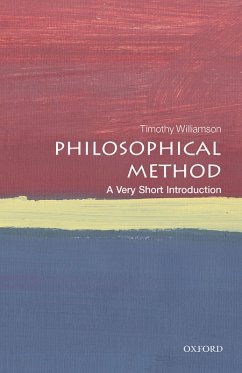
Europes Debt to Persia (eBook, ePUB)
Religion, Philosophy, Astronomy, Mathematics, Medicine and the Sciences

PAYBACK Punkte
0 °P sammeln!
Europe's Debt to Persia from Ancient to Modern Times provides a fresh scholarly perspective on how over the centuries Persian kings and noblemen protected and sponsored the religious and intellectual heritage of both Judea and Greece alongside that of Persia itself. Minou Reeves makes available for the first time portraits of the life, upbringing, education and works of generations of ardently Hellenophile Persian thinkers and scientists, and demonstrates the pivotal influence they exerted on the works of the emerging European Renaissance and Enlightenment. The book covers the period between 5...
Europe's Debt to Persia from Ancient to Modern Times provides a fresh scholarly perspective on how over the centuries Persian kings and noblemen protected and sponsored the religious and intellectual heritage of both Judea and Greece alongside that of Persia itself. Minou Reeves makes available for the first time portraits of the life, upbringing, education and works of generations of ardently Hellenophile Persian thinkers and scientists, and demonstrates the pivotal influence they exerted on the works of the emerging European Renaissance and Enlightenment. The book covers the period between 546 BC and 1807 AD. It begins with the conquest of Ionian Greece by Persia when, it is argued, the thinking of Zoroastre, the great ethical monotheist, natural philosopher and Prophet of Persian Antiquity, influenced and became fused in the ensuing centuries with that of Greece's great philosophers and scientists, Socrates, Plato and Aristotle. The year 1807 AD is the year of the publication of Friedrich Hegel's Phenomenology of the Mind, inspired by the ethical monotheism of Zoroastre and Plato, the De Anima of Aristotle and On The Rational Soul of the Persian philosopher Avicenna. Minou Reeves challenges established ideas about the relationship between Persia and Greece as she argues that, contrary to received wisdom, Persia and Greece were not at odds with one another but were rather intertwined, and exercised a profound influence on one another's cultural, aesthetic, philosophical and scientific thought. Using original documentation in several European languages, Reeves presents the case for the intellectual marriage of Persia and Greece, and for this fusion to have formed the basis of the European Renaissance and Enlightenment.
Dieser Download kann aus rechtlichen Gründen nur mit Rechnungsadresse in A, B, BG, CY, CZ, D, DK, EW, E, FIN, F, GR, H, IRL, I, LT, L, LR, M, NL, PL, P, R, S, SLO, SK ausgeliefert werden.













